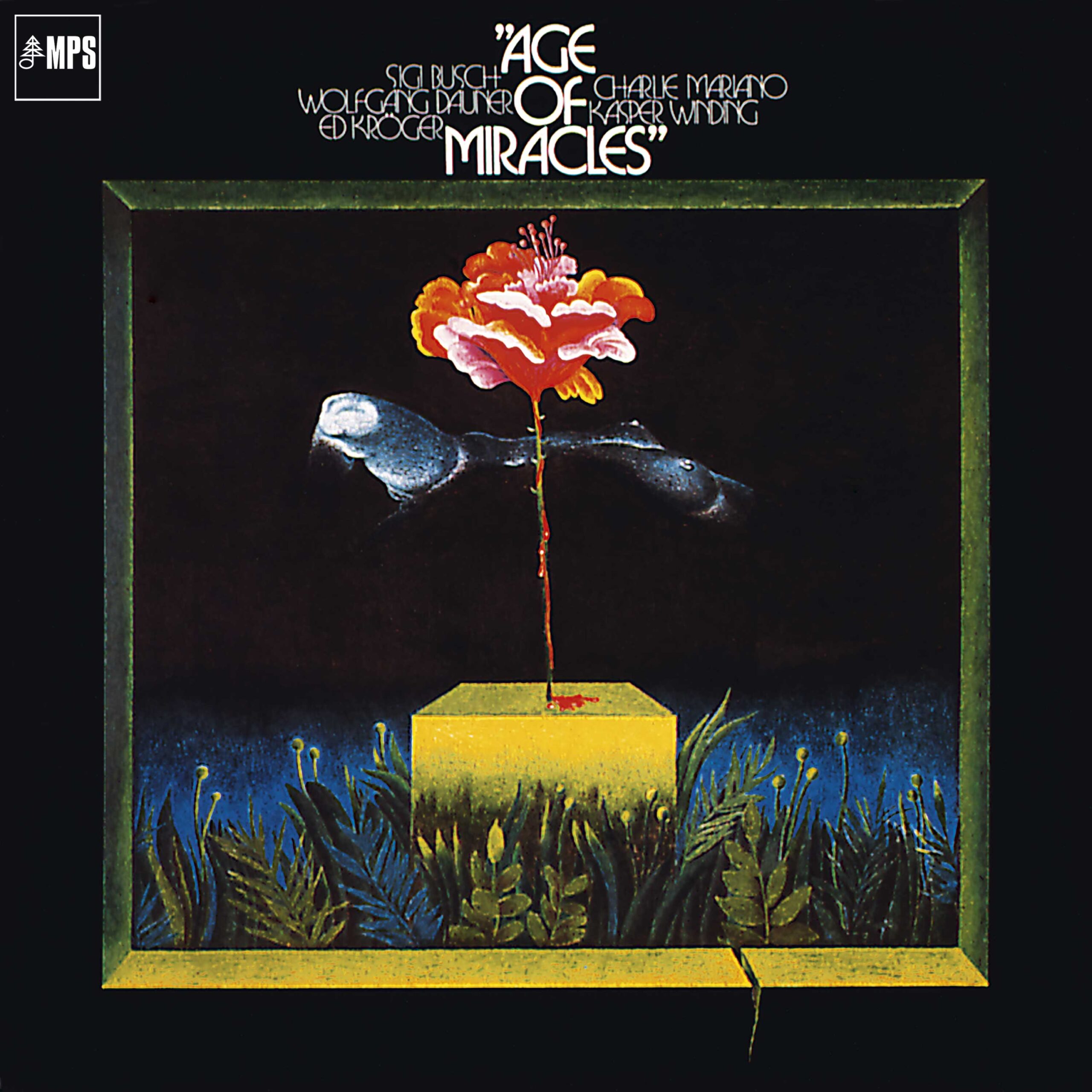The Bahá’í teachings assert that we inhabit an extraordinary epoch characterized by profound transformations and, indeed, miracles. This assertion rests upon a broader understanding of the historical, social, and spiritual contexts that have converged in this contemporary age. The phrase “Age of Miracles” evokes a sense of wonder, inviting both curiosity and reflection regarding the nature of these miracles and their manifestations in our lives.
At the heart of the Bahá’í philosophy lies the conviction that humanity is evolving towards a collective maturity. This maturation is not merely a physical or intellectual advancement; rather, it encapsulates a spiritual awakening that transcends the superficiality of everyday perceptions. The very essence of this age is underscored by miraculous phenomena: the emergence of universal values such as unity, justice, and compassion. The Bahá’í Faith proclaims that these values are not mere ideals but represent the fundamental undercurrents shaping our current reality.
In examining the notion of miracles, it is essential to recognize that they extend beyond the extraordinary occurrences usually associated with religious narratives. Instead, they encompass the subtle yet profound transformations in the fabric of society. For instance, in an age marked by unprecedented scientific discovery and technological advancement, the seemingly miraculous ability of humanity to connect, share, and collaborate across vast distances is emblematic of these teachings. The advent of the internet, for instance, allows individuals from disparate cultures to engage in meaningful dialogue, fostering understanding and empathy that were unimaginable in earlier historical contexts.
This burgeoning sense of interconnectedness aligns seamlessly with Bahá’í tenets, which emphasize the oneness of humanity. Through the lens of this principle, the miracles of our age can be viewed as a collective awakening to a shared destiny. The global challenges—be they climate change, poverty, or inequality—serve to galvanize the human spirit. They compel individuals from various walks of life to recognize their fundamental interconnectedness and engage in cooperative efforts to address these pressing issues. In this light, the miracles of today are constituted not by isolated acts of divine intervention, but rather by the collective actions of individuals striving for a better world.
Bahá’í scripture offers profound insights into the conditions conducive to the manifestation of these miracles. Blending poetic language with philosophical depth, the writings reveal that sincerity of purpose and unity of vision are paramount in fostering a miraculous environment. This is particularly relevant in an era where the cacophony of ideological discord and division often drowns the harmonies of progress and innovation. Hence, cultivating a spirit of cooperation is not merely beneficial; it is essential for nurturing the conditions within which miracles can flourish.
Furthermore, the Bahá’í teachings expound on the theme of personal transformation as a precursor to societal change. The assertion that each individual possesses the capacity to effectuate miracles in their own lives—and in turn, within their communities—underscores a significant tenet of proactive engagement. This idea posits that consciousness is malleable and that, through reflection, service, and commitment to moral principles, individuals can transcend their limitations and actualize their potential.
The collective experience of adversity often catalyzes profound change. History is replete with instances where communities, when confronted with existential threats, have unified to surmount their challenges. The ability to rise above circumstances is itself a miracle, testifying to the resilience of the human spirit. The Bahá’í vision, therefore, does not shy away from acknowledging the trials of our era; rather, it embraces them as opportunities for growth and transformation. The poignant insight that challenges can be converted into opportunities serves as a cornerstone of this hopeful narrative that is so vital today.
Moreover, the manifestations of diversity within society can also be perceived as miracles. The Bahá’í perspective extols the importance of unity amidst diversity, highlighting that the confluence of varied cultural, ethnic, and linguistic backgrounds enriches the human experience. This appreciation for diversity is not merely a theoretical construct—it is embodied in real-world initiatives such as interfaith dialogues, collaborative art projects, and educational reforms designed to include diverse perspectives. Such efforts illustrate that miracles often lie not in the flamboyant or the ostentatious but in the quieter, yet profoundly impactful, act of building bridges between disparate groups.
In conclusion, the assertion that we live in an Age of Miracles resonates deeply within the framework of Bahá’í teachings. It encapsulates a profound recognition of the potential latent within humanity. Miracles are not confined to supernatural events; rather, they manifest through acts of love, social justice, and the ceaseless pursuit of knowledge. The evolving global landscape invites every individual to partake in this wondrous transformation, to recognize their role not merely as passive observers but as active participants in the unfolding of a miraculous reality. Embracing the principles espoused by Bahá’í teachings inspires a collective momentum toward a more just, compassionate, and united world, where every individual is empowered to contribute to the tapestry of humanity’s divine purpose.
